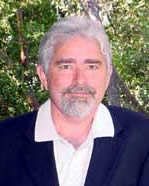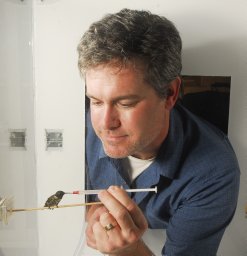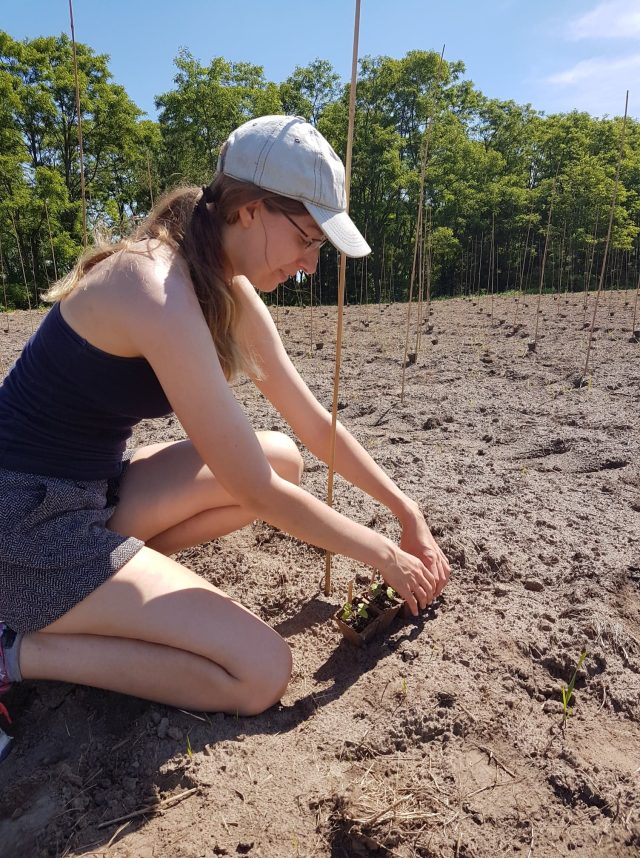Teaching Facilities
All institutions of higher education are welcome to use Koffler Scientific Reserve at Jokers Hill for diverse, off-campus instructional activities.
Course field trips can take advantage of our lecture rooms and teaching lab space. Sleeping and dining facilities can serve residential field courses for up to 20 students.
Contact the KSR Director for information on availability, logistics and fees.

Teaching at KSR

Young people arrive at KSR for the Experimental Ecology course as science students. They leave as scientists.
Dr. Arthur Weis, University of Toronto, Department of Ecology and Evolutionary Biology

Dr. Cameron Proctor, The University of Windsor, School of the EnvironmentKSR’s hills and variety of ecosystems are great for drone remote sensing, especially for forestry where you have many great vantage points. KSR has been an essential element of my research over the past eight years and it has continued to be a valuable field site even after I took up an appointment at the University of Windsor. The facilities are excellent. My students enjoy having a space for their field research so close to the amenities of a city, and forming productive partnerships with other research groups.

Dr. Kenneth Welch, The University of Toronto, Department of BiologyKSR has been an ideal playground in which to refine and develop our research, and expose our students and trainees to the wonderful, wild world just outside their homes. KSR has been an optimal place to develop and test our field research on ruby-throated hummingbirds. Within the safe and secluded research grounds, I and multiple graduate students, postdocs, and undergraduate researchers have been able to develop novel tracking technologies for use on these tiniest of birds.
Graduate/Undergraduate Research at KSR

Dr. Sophie Breitbart, PhD from the University of Toronto, Mississauga CampusI spent four wonderful summers at KSR conducting an experiment with ~1000 milkweed plants. Throughout my time there, the KSR staff went above and beyond to ensure the success of my research. Also, the local wildlife is consistently marvelous. There’s nothing better than counting flowers while a bobolink sings nearby!

Julia Boyle, PhD Candidate at the University of Toronto, St. George CampusGetting to do fieldwork at KSR has truly been a highlight of my PhD! Living at the field station immersed me in the ecological and evolutionary questions I was asking, and I was provided the resources and support to conduct both short- and long-term experiments on plants and their microbiomes that I couldn’t have completed in a greenhouse.

Dr. Lucas Albano, PhD from the University of Toronto, Mississauga CampusKSR is a beautiful property with all the resources needed to conduct high-quality field experiments in numerous types of study systems. Overall, my experiences doing field research and on departmental retreats at KSR have all been excellent.
Learn in the field
KSR hosts undergraduate and graduate field courses for budding researchers to gain invaluable skills outside of the classroom.
(EEB405 – University of Toronto)
Physical Geography
(GGR390 – University of Toronto)
Sustainable Forestry
(FOR300- University of Toronto)
(GESC451 – Wilfrid Laurier University)
(EEB380 – University of Toronto)
(FOR301 – University of Toronto)
(AER406 – University of Toronto)
(GGR205 – University of Toronto)
(FOR1412– University of Toronto)
(FOR3002– University of Toronto)
